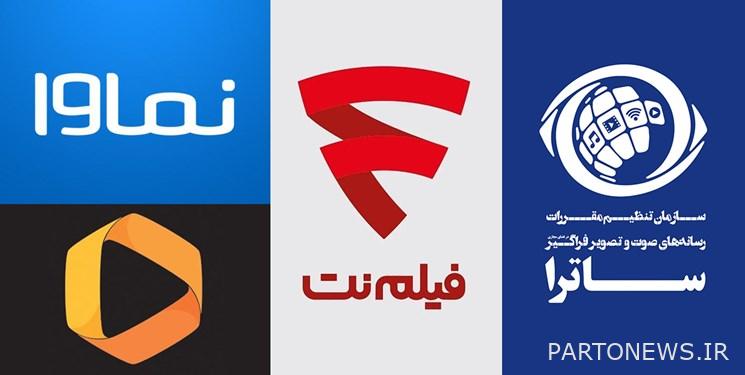The importance of classification in the content of immersive audio and video media

According to Fars news agency, the program “Cultural Dialogue” produced by Roqiyeh Zahra Parandavar and performed by Leila Salmani on the topic of “Investigation of selective tools in the ubiquitous sound and image ecosystem” on Wednesday night at 8:00 p.m. with the presence of Alireza Gudarzi Farahani, manager of the Chi Khobe service, and Mohammad Shahbazi, content manager. The platform of Filmnab and Mohammad Sadegh Afrasiabi, vice president of users and social regulation of Satra, was broadcasted on Diavogu Radio.
At the beginning of the conversation, Guderzi Farahani said in the definition of selection tools in the ubiquitous sound and image ecosystem: a user who uses a site or program that contains content such as animation, film, or even games, that content must be classified by age or described to The tools that perform this classification and advise families to choose content are called content selection tools. We have conducted research in this field and this is being implemented in 100 countries of the world. Based on these researches, we have prepared an internal system in Chi Khabe. Based on this system, a series of analysts have been trained who have been classifying the contents since 2017.
Following Guderzi’s speech, Shahbazi said: Ranking is a requirement that has been set for us as a platform. America was the founder of these classifications. Our problem is that the classification definitions of European and American countries do not read with our culture and we need a native age classification model. For this purpose, we formed a research and development team and conducted research to maintain our audience as a media, and we believe that content classification should be added to the age classification.
Shahbazi added: We are looking to earn money and we know that content businesses are tied to the lifestyle of families and have an impact on the family and the upbringing of children. Our society is family oriented. We understand this and try to make the classification according to the needs of families.
Gooderzi further explained: The main problem we have, especially with the three main home viewing platforms, is that the view of those three platforms is the economic view. When we work in the cultural field, we must prioritize and the government and satra must monitor these contents.
Afrasiabi, who participated in the conversation over the phone, said about Satra’s programs regarding content selection tools in the ubiquitous audio and video ecosystem: It is recommended to the platforms that have a license from us to use content selection tools so that the audience of the platform can use the tools Selectivity, find the right content for yourself.
He added: Another issue is that a user who uses a platform must be able to selectively use a content selection service on that platform, and Satra’s actions in this area must be done in consultation with the managers of the platforms and the managers of the content selection tools, including what is good and which. And what kind of game will it be in such a way that, first of all, the needs of Iranian families in the field of content selection tools are met, and the second issue is that the platforms should benefit from providing this service and should not feel that their connection to content selection tools will create costs for them. God willing, this work will be done with consensus and synergy between the regulatory body and the platforms, and if necessary, Satra’s financial support for the development of content selection tools on the platforms.
end of message/
You can edit this article
Suggest this article for the first page

